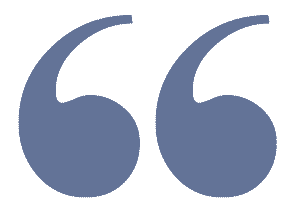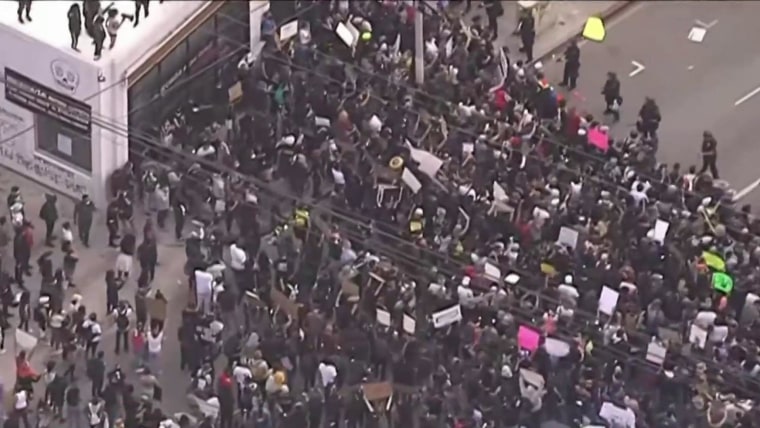Protests could cause catastrophic setback for controlling coronavirus, experts say



Within the last few days, careful social distancing has been overturned by demonstrations against social injustice — as thousands of Americans congregate in cities across the country protesting the death of George Floyd.
The large gatherings, infectious disease experts said, could cause a catastrophic setback for controlling COVID-19 in the U.S. as cities and states try to reopen.
Full coverage of the coronavirus outbreak
"It makes me cringe on a number of levels," said Dr. Katie Passaretti, medical director for infection prevention at Atrium Health in Charlotte, North Carolina.
"It's a setup for further spread of COVID," Passaretti added. "It's heartbreaking."

Protests leave little space for social distancing as coronavirus rages on
May 31, 202002:22
The national unrest comes amid a global pandemic, which has already sickened more than 1.7 million people in the U.S., killing nearly 105,000.
Let our news meet your inbox. The news and stories that matters, delivered weekday mornings. Sign Up
COVID-19 spreads mainly through close contact, particularly large respiratory droplets from sneezes, coughs — as well as shouting and yelling.
"If you were out protesting last night, you probably need to go get a COVID test this week," said Atlanta Mayor Keisha Lance Bottoms at a news briefing Sunday, "because there's still a pandemic in America that's killing black and brown people at higher numbers."
Indeed, the Centers for Disease Control and Prevention has said African Americans are disproportionately affected by COVID-19.
"It's hard to step back and believe all this is going on at the same time."
"It's concerning on a number of fronts, amid multiple horrible situations," Passaretti said. "It's hard to step back and believe all this is going on at the same time."
On Sunday, Dr. Scott Gottlieb, former chief of the Food and Drug Administration warned that the U.S. "isn't through this epidemic" yet. "Chains of transmission will have become lit from these gatherings," Gottlieb told CBS News' "Face the Nation."
The New York City Department of Health and Mental Hygiene tweeted guidance Saturday for protesting during the epidemic, advising participants to wear a face covering, use hand sanitizer and wear eye protection to prevent injury.
Plan to protest? Here are tips to reduce the risk of spreading #COVID19:
✔️Wear a face covering
✔️Wear eye protection to prevent injury
✔️Stay hydrated
✔️Use hand sanitizer
✔️Don't yell; use signs & noise makers instead
✔️Stick to a small group
✔️Keep 6 feet from other groups
— nychealthy (@nycHealthy) May 30, 2020
While many protestors at the more than 100 demonstrations nationwide appear to be wearing face coverings, social distancing — keeping at least 6 feet away from other people — is not happening. Face masks are not intended to stop the spread of the coronavirus, but experts say they can help reduce the risk of spreading the illness to others.
"Masks aren't perfect, but a layer of protection is better than not having anything," Passaretti said.
Passaretti also expressed concern that protesters may be traveling to and from a various cities and states, potentially spreading the virus.
Download the NBC News app for full coverage of the coronavirus outbreak
"People are coming from other locations to major cities," Passaretti said. "So not only is there potential for spread at a given protest, people may take that back home," and spread the virus to other areas.
Follow NBC HEALTH on Twitter & Facebook.
 Erika Edwards
Erika Edwards
Erika Edwards is a health and medical news writer and reporter for NBC News and "TODAY."
Jane Weaver contributed.

